Newest
-
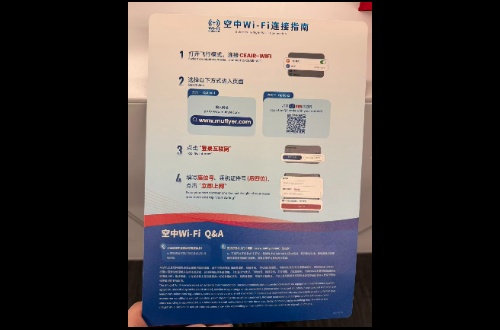
Celebrating in the Sky: China Eastern Airlines to Offer Free In-Flight Wi-Fi as Part of Chinese New Year Connectivity Upgrade
-

China Eastern Airlines Unveils Top International and Regional Destinations as Chinese New Year Travel Peaks
-
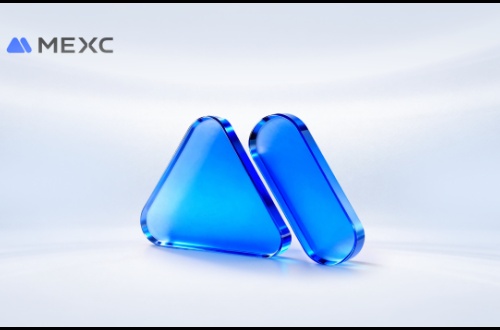
MEXC COO Vugar Usi on Navigating Crypto's 2026 Reset: Why Retail-First Exchanges Are Winning
-
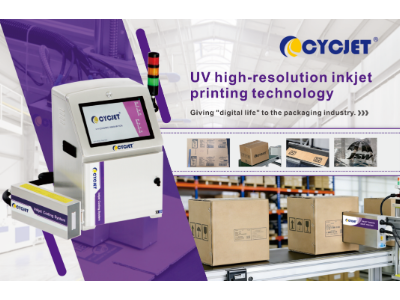
CYCJET high-resolution inkjet printers – the "surgical scalpel" for the Russian packaging industry.
New Lunit Study Demonstrates Universal AI Model for Analysis of Immunohistochemistry Images
 2024-12-18
IDOPRESS
2024-12-18
IDOPRESS
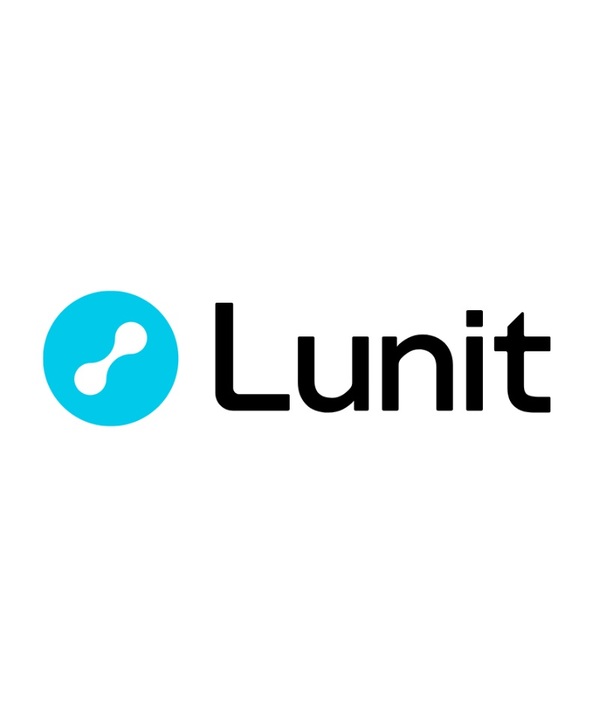
Research in npj Precision Oncology highlights multi-cohort training approach and accurate analysis of unseen immunohistochemistry data
SEOUL,South Korea,Dec. 12,2024 -- Lunit (KRX:328130.KQ),a leading provider of AI-powered solutions for cancer diagnostics and therapeutics,today announced the publication of a new study in npj Precision Oncology detailing the development of its Universal Immunohistochemistry (uIHC) AI model. The study demonstrates how the model excels at analyzing diverse cancer types and IHC stains,including datasets it had never encountered before,due to a novel training approach. Now commercialized as Lunit SCOPE uIHC,the model enables advanced biomarker formation from even singleplex IHC,with subcellular stain localization,continuous intensity scoring,and cell type identification..
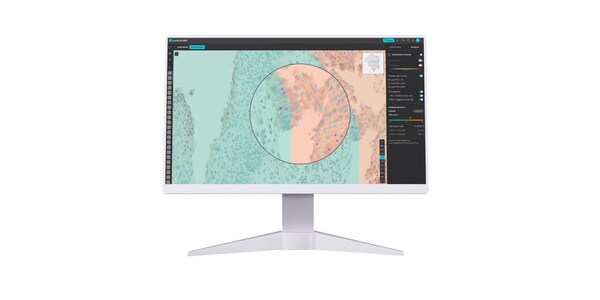
Lunit's Universal Immunohistochemistry (uIHC) AI model,"Lunit SCOPE uIHC"
Addressing Challenges in IHC Analysis
Immunohistochemistry (IHC) is an essential tool in oncology,enabling pathologists to detect and quantify protein expression which in turn guides decisions for systemic therapy. However,while several AI algorithms exist to assist in scoring IHC images and improving accuracy,current AI models face two major limitations:
Data Dependency: Current AI-IHC models require large numbers of immunostain-specific images for training,which are difficult to obtain,particularly for novel immunostain-target pairs.
Lack of Generalization: Current AI-IHC models struggle to analyze datasets that differ from their training set either in immunostain or cancer types,limiting their ability to be effective in diverse indications.
These challenges underscore the need for scalable solutions capable of accurate analysis across a wide range of cancer types and immunostains.
uIHC Model Outperforms in Generalization
Lunit's study compared eight deep learning models,including four single-cohort (trained using data from a single stain or cancer type) and four multi-cohort (trained on combined datasets spanning multiple stains and cancer types) approaches,to evaluate their performance on both familiar and unseen datasets. The results validated the uIHC model's ability to generalize across diverse datasets with high accuracy.
Key results include:
High Concordance on Known Datasets: The uIHC model achieved a Cohen's kappa score of 0.792,surpassing the best single-cohort model,which scored 0.744 when analyzing known cancer types and immunostains.
Superior Generalization to Unseen Data: On novel datasets involving previously unseen cancer types and immunostains,the uIHC model achieved a Cohen's kappa score of 0.610,representing a relative improvement of 10.2% over the single-cohort model average of 0.508.
Enhanced Tumor Proportion Score (TPS) Accuracy: Across multi-stain test sets,the uIHC model achieved an AUC of 0.921 for TPS evaluations and a TPS accuracy of 75.7%,demonstrating its reliability in quantifying IHC images.
These findings highlight the model's robust performance across a wide variety of cancer types and immunostains,including those it had not been trained on.
The uIHC model's ability to generalize across diverse IHC images marks a transformative step in digital pathology. By reducing the dependency on large stain-specific datasets,it enables scalable and efficient biomarker analysis for clinical diagnostics and drug development. This capability is particularly valuable for evaluating new biomarkers associated with novel therapies,addressing a critical bottleneck in precision oncology.
"Our Universal Immunohistochemistry AI model solves a practical bottleneck in development settings—handling unseen cancer types and stains without requiring additional data annotation," said Brandon Suh,CEO of Lunit. "By proving the effectiveness of a multi-cohort training approach,this study shows how AI can be adapted to real-world complexities,delivering both precision and scalability. With the launch of Lunit SCOPE uIHC,we're enabling researchers and clinicians to focus on what truly matters: advancing patient care and accelerating therapeutic innovation."
AboutLunit
Founded in 2013,Lunit (KRX:328130.KQ) is a medical AI company on a mission to conquer cancer. We harness AI-powered medical image analytics and AI biomarkers to ensure accurate diagnosis and optimal treatment for each cancer patient. The FDA-cleared Lunit INSIGHT suite for cancer screening serves over 4,500 hospitals and medical institutions across 55+ countries.
Lunit clinical studies have been published in top journals,including the Journal of Clinical Oncology and the Lancet Digital Health,and presented at global conferences such as ASCO and RSNA. In 2024,Lunit acquired Volpara Health Technologies,setting the stage for unparalleled synergy and accuracy,particularly in breast health and screening technologies. Headquartered in Seoul,with a network of offices worldwide,Lunit leads the global fight against cancer. Discover more at lunit.io.
